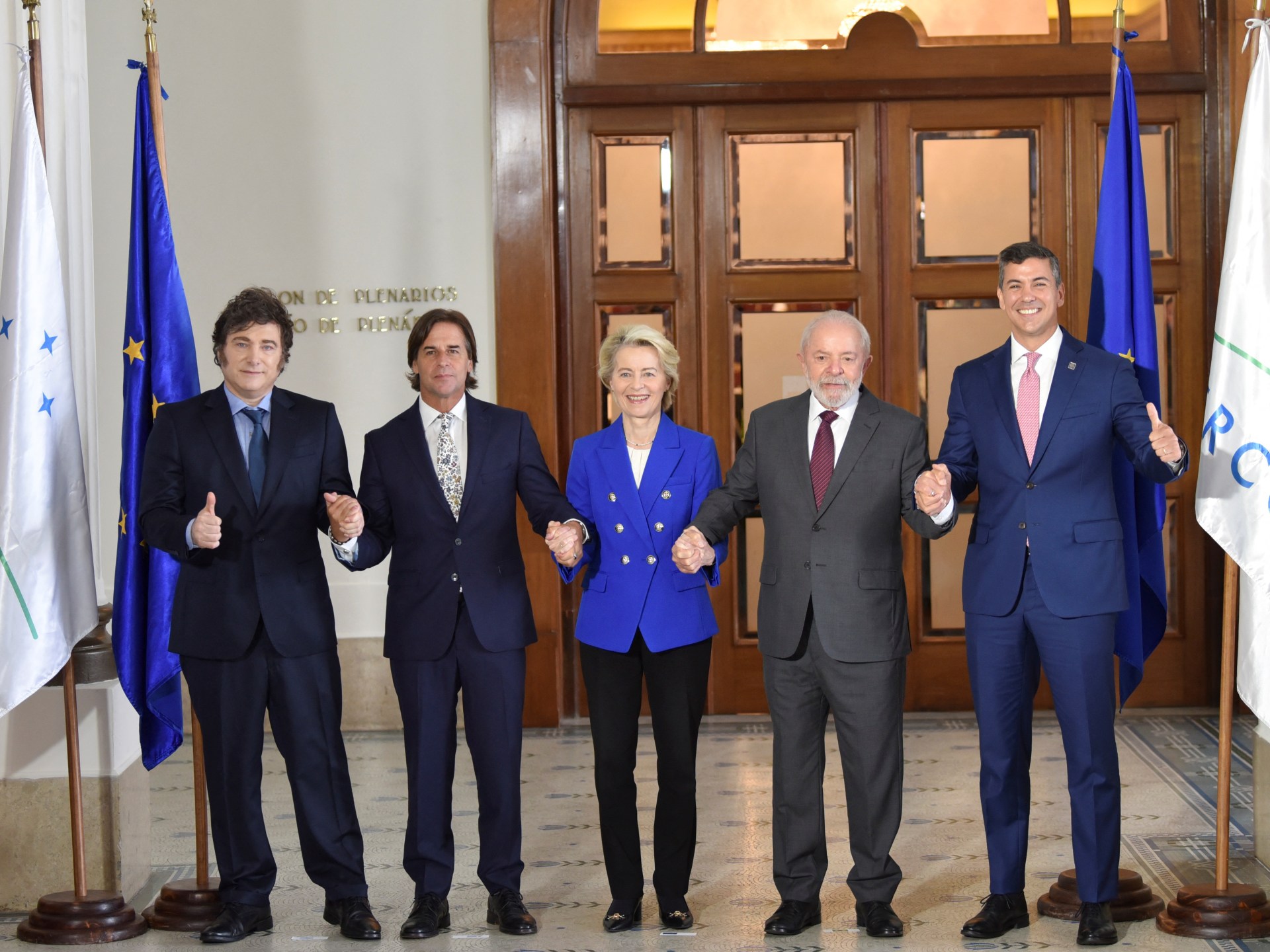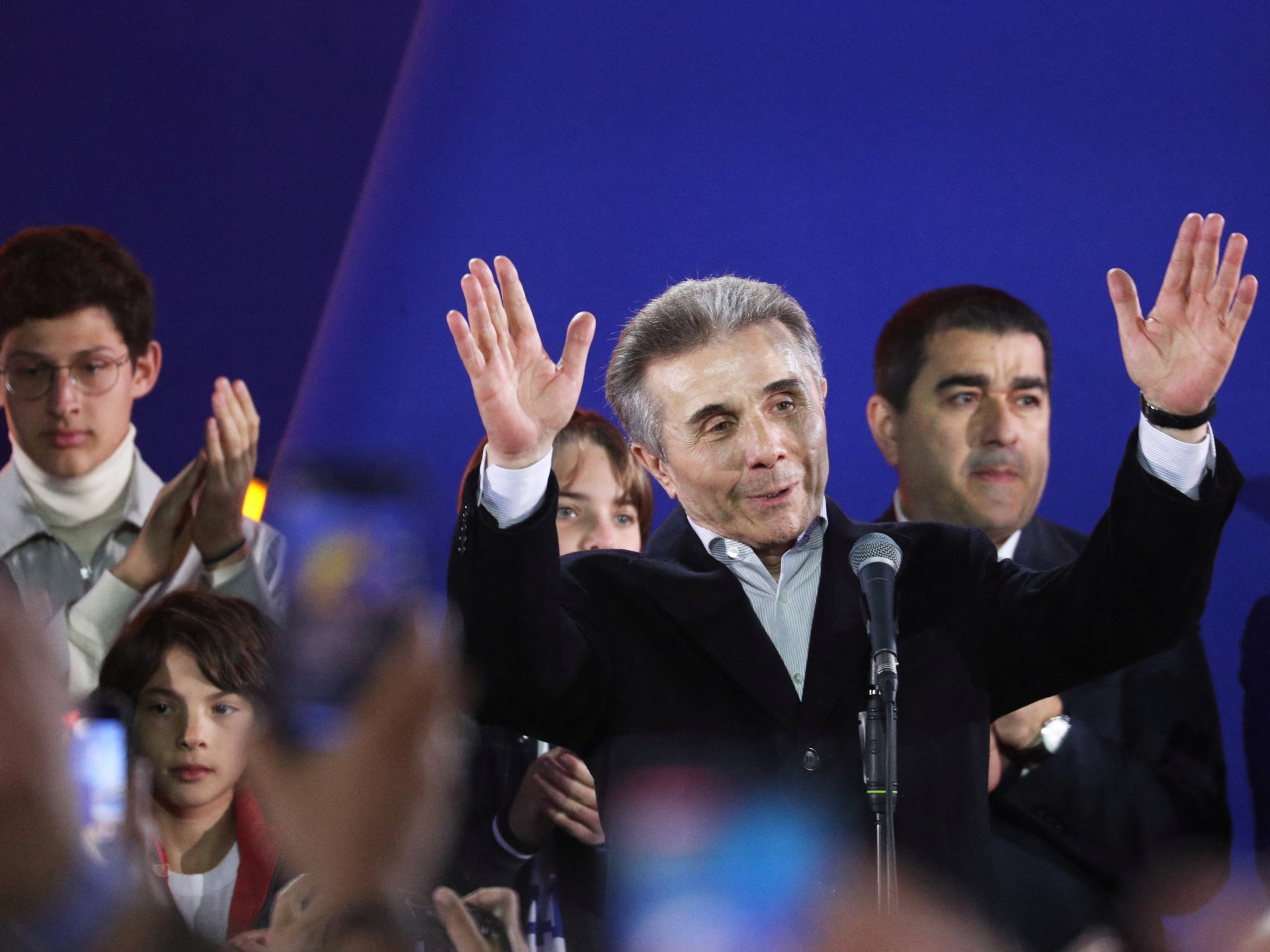

Ukrainian President Volodymyr Zelenskyy has sanctioned top Georgian officials, including the prime minister and the billionaire founder of the ruling party, in a bid to halt the country’s apparent drift into Russia’s orbit.
Zelenskyy announced the sanctions on Thursday after a seventh consecutive night of protests against Prime Minister Irakli Kobakhidze’s decision to delay talks on joining the European Union, a move thought to have been steered by Bidzina Ivanishvili, the country’s wealthiest man who founded the governing party Georgian Dream.
Speaking in a video posted on Telegram, Zelenskyy said the sanctions against both figures and 17 other government members – including Georgia’s state security service chief and interior minister – were “against the part of the government in Georgia that is handing Georgia over to [Russian President Vladimir] Putin”.
Ukraine, which was invaded by Russia in 2022, will impose 10-year restrictions on financial operations on entry to Ukraine and on property rights in Ukraine.
Advertisement
The Black Sea nation has been rocked by turmoil since Georgian Dream won disputed parliamentary elections on October 26, with opposition figures claiming that the results of what was seen as a de facto referendum on EU accession had been rigged under Russian influence.
Since 2022, Georgian Dream has advanced Russian-style legislation targeting civil society and independent media outlets, as well as curbing LGBTQ rights.
Kobakhidze’s subsequent announcement last Thursday that Georgia would not hold EU membership talks until 2028 caused uproar, with thousands of protesters facing off against riot police on the streets of Tbilisi over the past week in demonstrations that saw about 300 people arrested – including opposition leaders.
Georgian officials have repeatedly accused opposition protesters of plotting a revolution along the lines of Ukraine’s 2013 Maidan protests, which ousted a pro-Russian president.
Zelenskyy called on Ukraine’s European partners and the United States to join him in supporting Georgia’s pro-EU movement.
“This is how it works in international affairs: if you do not respond in time or fail to respond with principle, then decades are lost and countries are robbed of their freedom,” he said.
His announcement of sanctions came after Georgia’s President Salome Zurabichvili, who is seeking to annul the election results, appealed to Western countries to back what she called a “national movement” in support of EU membership.
On Wednesday US Secretary of State Antony Blinken denounced the Georgian government’s “brutal and unjustified violence” against opposition protesters and warned of possible sanctions against those “who undermine democratic processes or institutions in Georgia”.
Advertisement
Dutch Foreign Affairs Minister Caspar Veldkamp said on Thursday he would ask the EU to suspend its visa-free arrangements with Georgia.
Speaking ahead of a two-day meeting of the Organization for Security and Co-operation in Europe in Malta, he said he would also request an investigation into the Georgian government’s actions.
On Monday, Kremlin spokesman Dmitry Peskov denied that Russia was interfering in the situation in Georgia, which he compared with Ukraine’s “Maidan” revolution.
The previous day, former Russian President Dmitry Medvedev had warned that Georgia was “moving rapidly along the Ukrainian path, into the dark abyss”, predicting it would end “very badly”.
In August 2008, Russia fought a brief war with Georgia, which had made a botched attempt to regain control over its breakaway province of South Ossetia.
Moscow recognised the independence of South Ossetia and another breakaway province, Abkhazia, and set up military bases there.
Related News
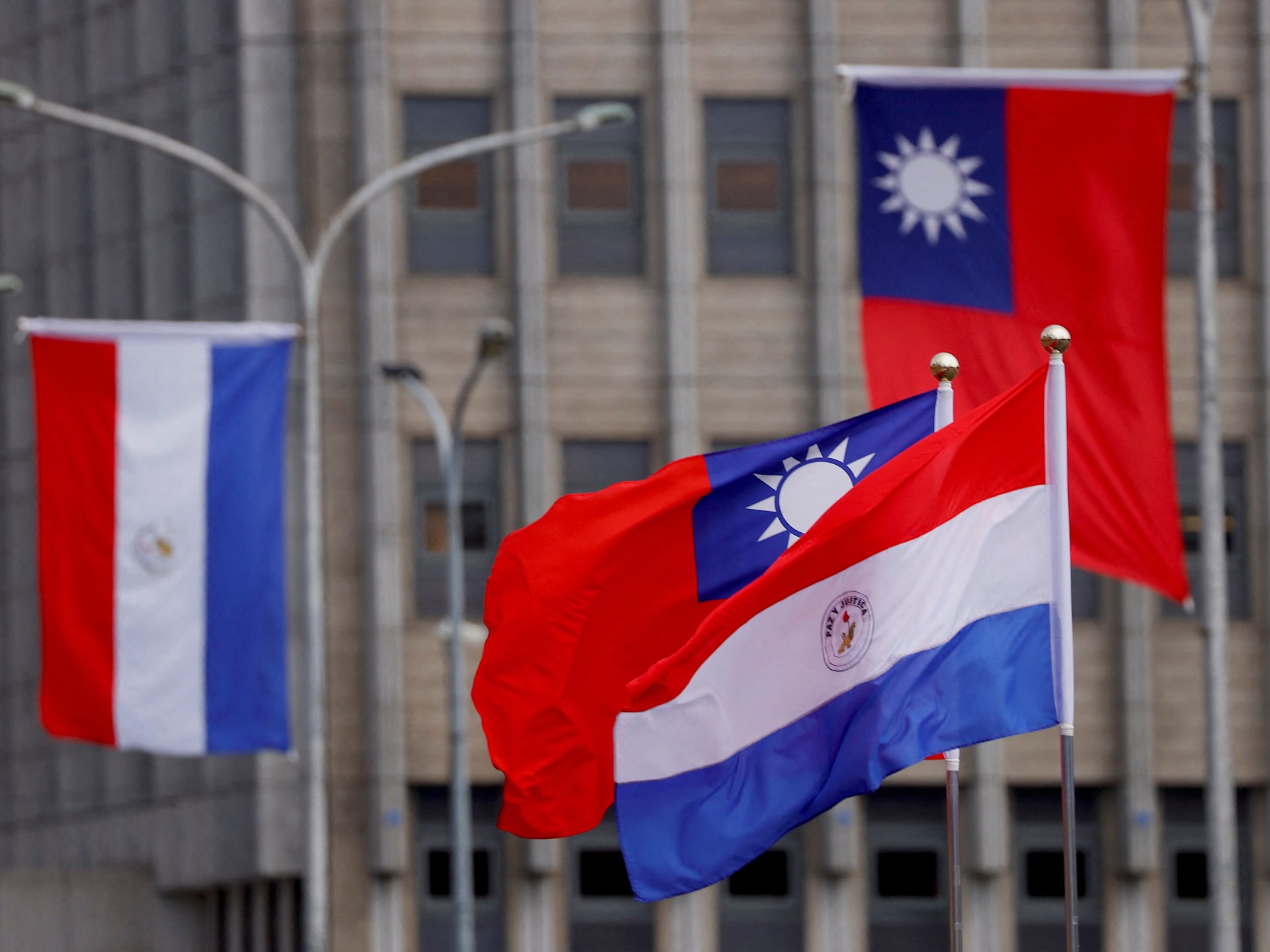
Paraguay expels visiting Chinese envoy who urged lawmakers to reject Taiwan
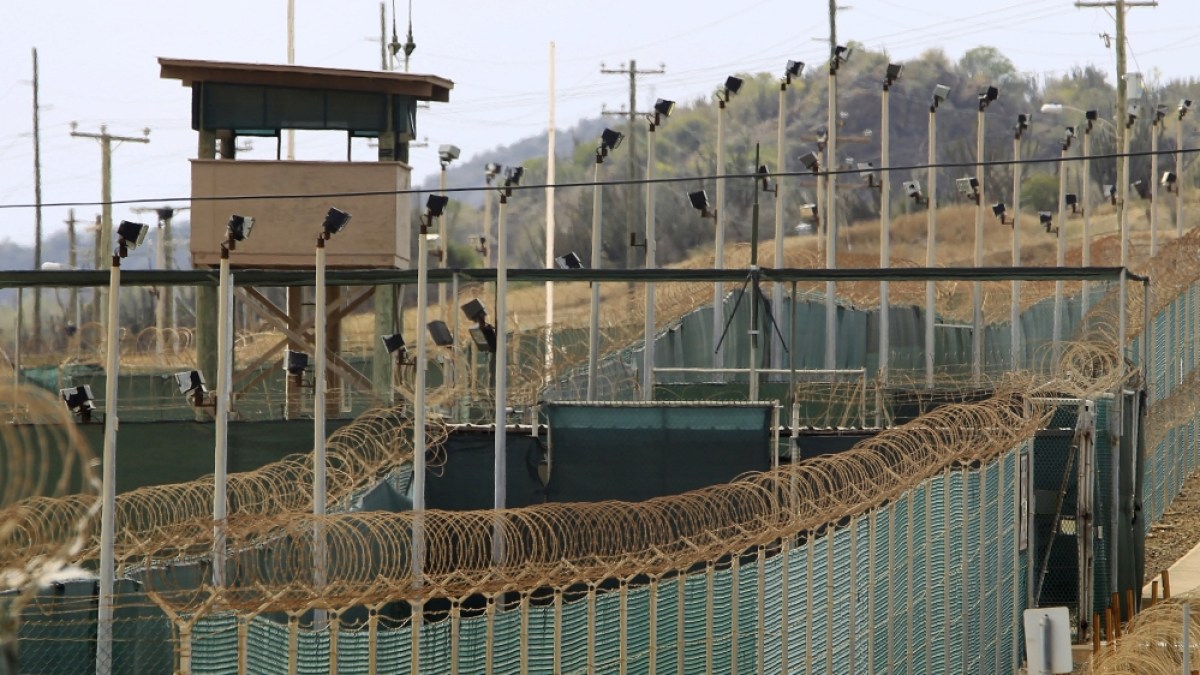
Malaysians held in US’s Guantanamo Bay prison returned home after 18 years
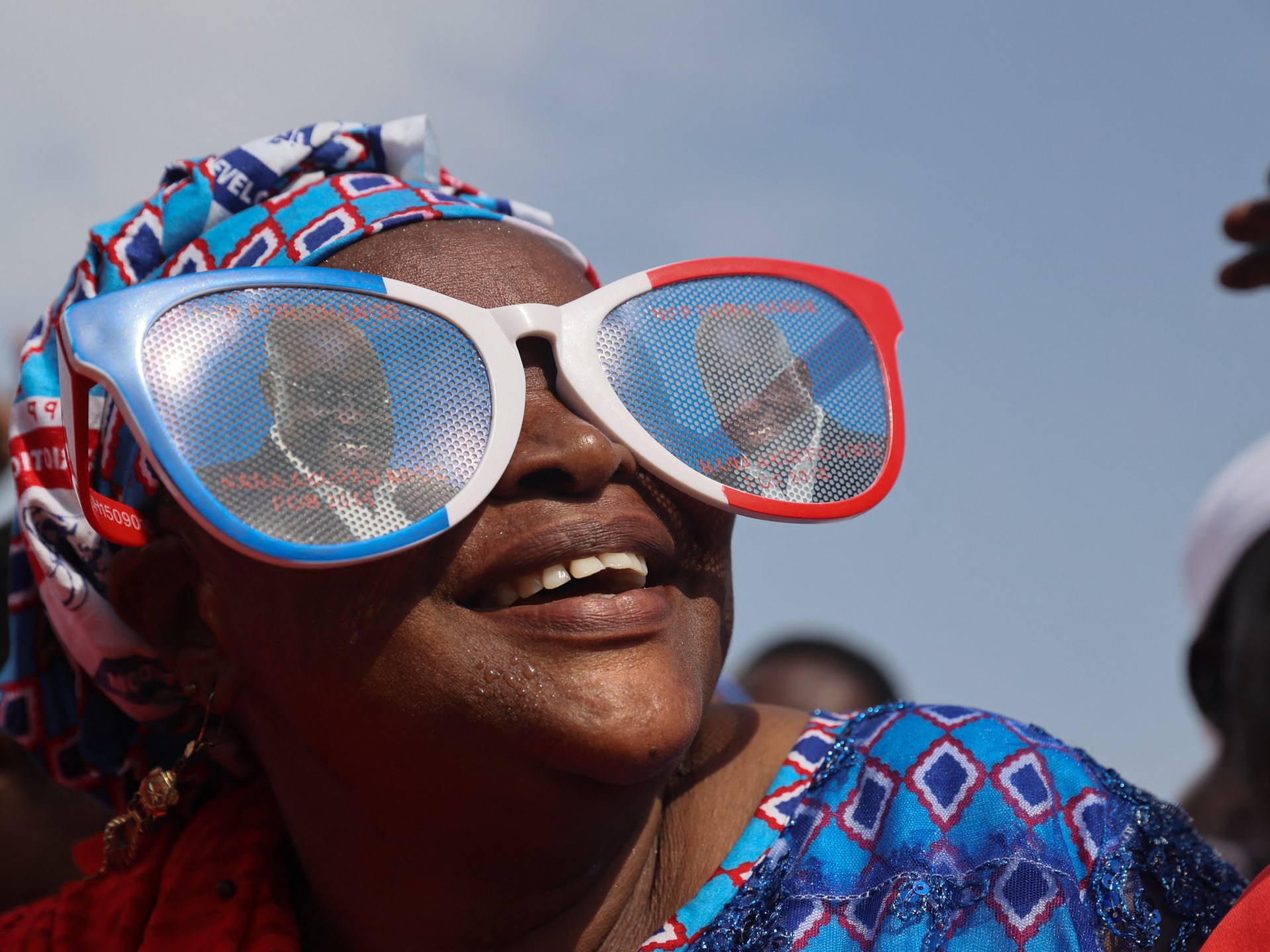
Ghana elections: Who is running and what’s at stake?
